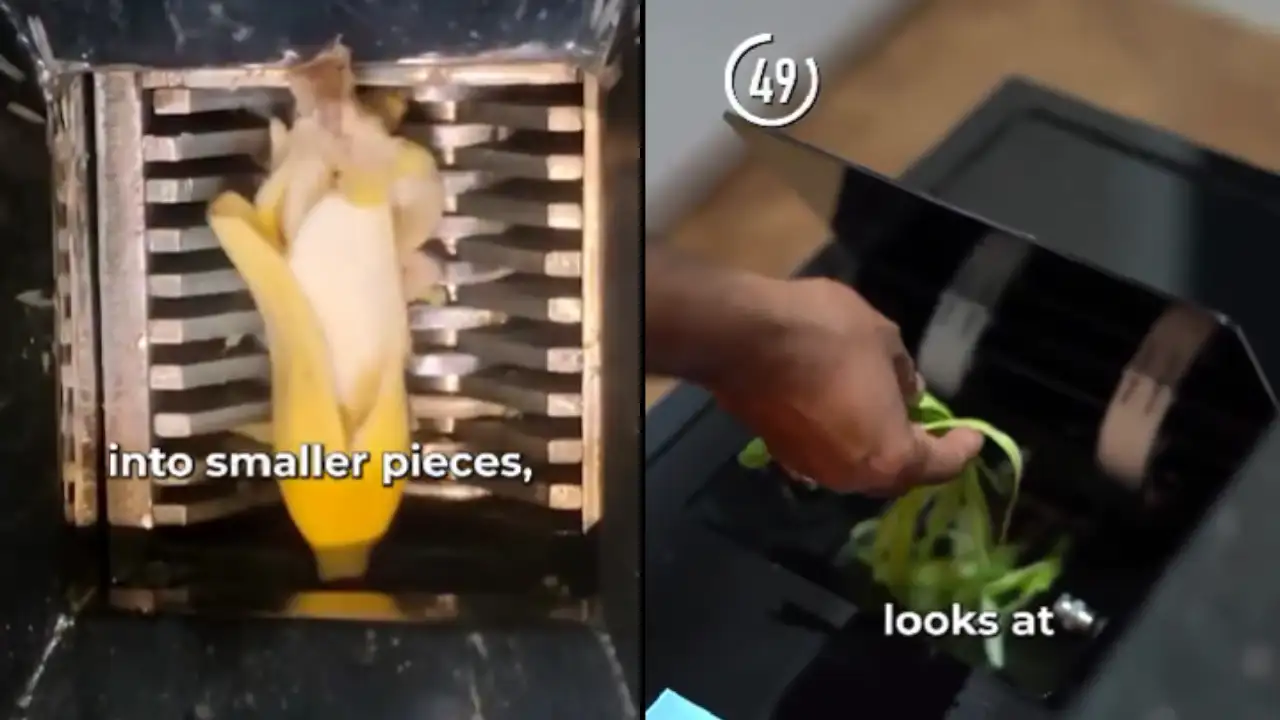In a breakthrough for sustainable living, a Bengaluru-based team has introduced “Chewie,” an AI-powered robot designed to transform kitchen waste into nutrient-rich soil, drawing widespread acclaim including from Biocon Chairperson Kiran Mazumdar-Shaw.
Bengaluru, renowned as India’s Silicon Valley, has long grappled with overflowing landfills and inefficient waste systems, but a local invention is poised to change that narrative. On August 30, 2025, details emerged about “Chewie,” a compact AI-driven robot developed in the city that “eats” household wet waste—such as vegetable peels, food scraps, and leftovers—and converts it into nutrient-rich soil suitable for organic farming. This process, completed within hours, bypasses the need for storing decomposing garbage, thereby reducing unpleasant odors and household discomfort.
The robot’s debut coincided with a viral video demonstration that showcased its efficiency, prompting Biocon Chairperson Kiran Mazumdar-Shaw to share her enthusiasm on social media on August 31, 2025. “Wow! Innovation for Bengaluru’s home-produced wet garbage,” she posted, highlighting its potential to revolutionize domestic waste management. Mazumdar-Shaw’s praise amplified interest, with the video circulating widely and inspiring discussions on scaling the technology.
Chewie operates as a kitchen-friendly unit, using artificial intelligence to optimize the breakdown of organic materials into compost, promoting a circular economy that benefits urban gardeners and environmental sustainability. By turning everyday trash into valuable soil, it not only eases the burden on Bengaluru’s outdated waste infrastructure but also encourages eco-friendly practices in homes across the region.
Social media reactions have been overwhelmingly positive, with users applauding the ingenuity of Indian innovators. One commenter noted, “Wow. Brilliant! I think he should make these large machines and sell them to municipalities. Municipalities must pay house owners for depositing waste, as this waste can be converted to organic manure”. Another expressed national pride: “I love it!!! Indian minds can achieve anything. Kudos to the inventor”. Calls for broader implementation underscore the robot’s relevance amid the city’s mounting garbage crises, where landfills often overflow and collection systems strain under demand.
However, not all feedback was uncritical. Some questioned the role of AI in the device, with one user stating, “Wow, it’s a nice machine, but for god’s sake, stop using the AI term everywhere, it’s just a machine with sensors and moving parts, there is nothing AI about it”. Others raised practical concerns, such as potential pest issues: “I guess it will end up more like a cockroach infestation/colony more than an usable biowaste…n to get rid of the roaches you will bomb the hell out of it with chemicals, at which point it is anything but natural”. Skeptics also pondered its core functionality: “If it can’t sort waste then I don’t see the point of AI if only wet waste goes in there, it’s a glorified composter”.
Despite these debates, Chewie represents a timely advancement in science and technology, aligning with global efforts to combat waste pollution through smart innovations. As Bengaluru continues to lead in tech startups, this homegrown solution could inspire similar developments nationwide, fostering cleaner cities and sustainable agriculture. The inventors plan to explore partnerships for larger-scale models, potentially transforming municipal waste handling and incentivizing households to participate in green initiatives.

